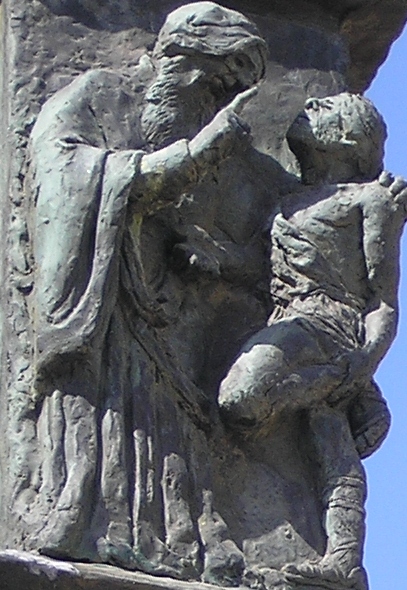Hillel Hazaken: Citations en anglais
Quoted by Jan Lundius, in Does WFP Deserve the Nobel Peace Prize?, Inter Press Service News Agency, (December 2020)
2:7
Pirkei Avot
“D'`alakh s'nai l'khavrekh la ta`avaid. Zo hi kol hatora kulahh, ve'idakh perusha hu: zil g'mor”
That which is hateful to you, do not do to your neighbor. That is the whole Torah; the rest is the explanation. Go and study it.
Babylonian Talmud, tractate Shabbat 31a
“Im ein ani li, mi li? U'kh'she'ani le'atzmi, mah ani? V'im lo 'akhshav, eimatai?”
<span lang="he" dir="rtl">אם אין אני לי, מי לי? וכשאני לעצמי, מה אני? ואם לא עכשיו, אימתי?</span>
If I am not for myself, then who will be for me? But when I am for myself, then what am "I"? And if not now, when?
1:14
Pirkei Avot
“In a place where there are no men, strive to be a man.”
<span lang="he" dir="rtl">במקום שאין אנשים, השתדל להיות איש.</span>
Bemakom she'ein anashim, hishtadel lihyot ish.
2:6
Pirkei Avot
<span lang="arc" dir="rtl">דעלך סני לחברך לא תעביד. זו היא כל התורה כולה, ואידך פירושה הוא: זיל גמור</span>
D'`alakh s'nai l'khavrekh la ta`avaid. Zo hi kol hatora kulahh, ve'idakh perusha hu: zil g'mor
Babylonian Talmud, tractate Shabbat 31a
